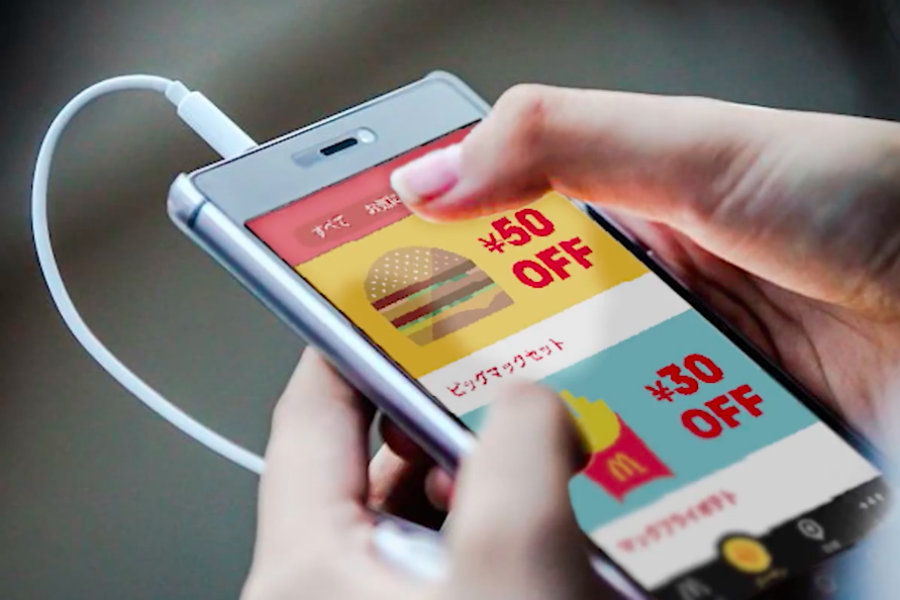The problem
Last summer in Japan, McDonald’s introduced ‘Otegoro Mac’, a low-priced, customizable menu with many possible variations. The scheme, which is still running, allows customers to choose one burger, drink and side dish for a fixed, relatively low price. ‘Otegoro’ roughly translates as ‘affordable’. McDonald’s, which has struggled with brand perception in Japan in recent years, was careful not to use the word ‘cheap’ as part of the promotion.
While the service is designed to be customer-friendly—to give people more flexibility than they would normally have at McDonald’s—people in Japan tend to be used to fixed menus. Being confronted with too much choice can throw people off, especially in a context where they expect a quick and simple process. The burger giant needed to make the new service easily understandable to potential customers and push them to take advantage of it. Google and TBWA Hakuhodo were given just three weeks to come up with a solution.
The solution
Kana Goto, senior manager of brand solutions at Google Japan, explains that after much brainstorming, Google and the agency decided to combine individual consumer demographic, location and time information with point-of-sale and third-party weather data to provide personalised menu recommendations via mobile.
All relevant data was processed in the Google Cloud platform to determine which products were selling well in a given location under particular weather conditions. Correlating the different layers helped identify the most important factor in each purchase decision. Using Google’s ad serving facility DoubleClick, customised banners (25,000 variations) were then automatically generated and delivered to individual smartphone users based on their circumstances.
For example, Goto explains, a woman in Tokyo might receive an ad recommending a combination of a Big Mac, salad and Coke, while a man in Osaka might see one recommending a fish burger, fries and strawberry milkshake. Upon clicking the banner, they would receive a coupon to use at a McDonald’s outlet.
In the end, there is not a huge variation in McDonald’s’ products, nor in weather conditions across Japan in the summer. But the banners are an example of how AI can be used to produce simple but real-time creative work based on different layers of data. Most importantly, the banners achieved their goal of demonstrating the service to people in a relevant, easily understandable way.
The outcome
The campaign proved considerably more effective than the static, non-personalised banners and promotional coupons McDonald’s had distributed to drive people to its restaurants the previous year. Goto says the clickthrough rate was three times higher, and coupon usage 150 percent higher. As a result, McDonald’s’ sales in August 2015 rose 2.8 percent on a year-over-year basis.
Goto says Google is now working to expand the idea for clients in other sectors. The company is performing tests for clients in the cosmetics and sports-apparel sectors, and Goto also sees potential for it to work in the healthcare industry: as well as storing weather data, factors such as humidity, dryness, air quality and pollen count can help inform suggestions for products such as moisturiser or hayfever remedies.

